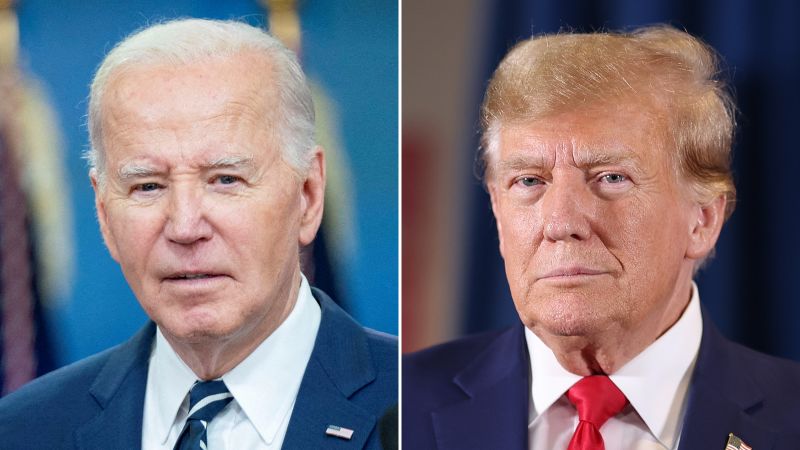The Biden administration is set to announce a restructuring of former President Donald Trump’s tariffs on Chinese imports, with some industries seeing significant increases in levies while others may see reductions. Importers of electric vehicles, solar components, and critical minerals made in China are expected to face higher tariffs, with electric vehicles possibly seeing tariffs of up to 100%. These changes align with Biden’s campaign promises of protecting domestic industries from state-sponsored competition and promoting clean energy investments.
The mandatory review that led to these tariff changes began in 2022, two years after the US and China’s “Phase One” trade deal went into effect. Under US trade law, the economic impact and effectiveness of tariff programs must be studied and reviewed every four years. Some experts believe that these new tariffs, in conjunction with other policies enacted by the Treasury and Commerce departments, will calm uncertainties among voters and neutralize China as a campaign issue for Biden.
While Trump had proposed a 60% tariff on goods from China and a 10% tariff on goods from other countries, Biden’s approach is more curated and responsive to actions initiated by his predecessor. However, some economists have warned that increasing tariffs risks reigniting a trade war with China, which could hurt the US economy by raising costs for businesses and consumers, leading to higher inflation and potentially impacting job growth. Americans have already paid billions in tariffs imposed by Trump, with more than half being collected during the Biden administration.
The strategic importance of tariffs and trade policies in an election year cannot be overstated, particularly in manufacturing-heavy swing states known as the “blue wall.” Biden has proposed tripling tariffs on imported steel, aluminum, and shipbuilding materials to promote American manufacturing and job creation. The administration faces a deadline in May to decide on extending or denying exclusions from certain tariffs for companies affected by the trade policies. Treasury Secretary Janet Yellen has expressed concerns about China’s non-market practices during bilateral meetings, and is set to join other finance ministers in the Group of Seven nations to discuss the upcoming summit in Italy.
The Biden administration has been working with allies in the European Union to place tariffs on Chinese electric vehicles, highlighting the threat that China poses to domestic car manufacturing. By taking action ahead of the EU’s investigation into electric vehicle subsidies, the US hopes to provide support to the EU and strengthen solidarity in standing up to China’s non-market economy. The European Commission faces a deadline in July to decide on how to proceed with its investigation. However, the White House, Treasury Department, and US Trade Representative declined to comment on the upcoming tariff changes and trade policies.


